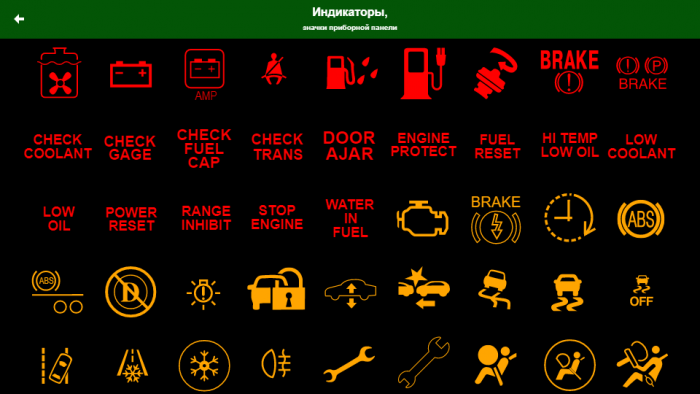
How to recognize an engine failure?
 A new, unfamiliar smell or noise coming from the car can be the first sign of a serious breakdown. Therefore, it is worth familiarizing yourself with the most common signs of engine failure in order to be able to react quickly and avoid costly repairs.
A new, unfamiliar smell or noise coming from the car can be the first sign of a serious breakdown. Therefore, it is worth familiarizing yourself with the most common signs of engine failure in order to be able to react quickly and avoid costly repairs.
A new, unfamiliar smell or noise coming from the car can be the first sign of a serious breakdown. Therefore, it is worth familiarizing yourself with the most common signs of engine failure in order to be able to react quickly and avoid costly repairs.
 Andrzej Tippe, a Shell expert, advises on how to understand this particular vehicle language, or what to look out for in everyday car use.
Andrzej Tippe, a Shell expert, advises on how to understand this particular vehicle language, or what to look out for in everyday car use.
Vision
It is worth watching your car - pay attention to the color of the exhaust gases and check if the vehicle leaves marks in the parking space. If there is a leak, check where the leak is and what color the leaked liquid is under the car. For example, the green fluid leaking from under the front of the car is likely coolant. Let's look at the temperature gauge to see if the engine is overheating.
It is also worth learning to judge the color of the exhaust gases coming out of the exhaust pipe. If they are black, blue or white, this is the first sign that something is wrong with the combustion system. Thick black exhaust gases are caused by burning fresh fuel in the exhaust pipe. This may be due to a poorly adjusted carburetor, fuel injection system, or clogged air filter. If thick black exhaust gas only appears in the morning after starting the vehicle, the choke or fuel injection system in the enrichment section may need to be adjusted.
Blue exhaust gas burns oil. Long-term exhaust emissions of this color are likely to mean expensive repairs, as they indicate damage to the piston rings or cylinder walls. If the blue exhaust appears briefly, such as in the morning after starting the car, the cause is probably faulty valve guides or valve guide seals. This is less serious damage, but also requires service intervention.
Dense white exhaust gas indicates that coolant is leaking and entering the combustion chambers. A leaking head gasket or cracked head is most likely the root cause of the problem.
Smell
Remember that unusual smells do not always mean a breakdown of the car, they can come from outside. However, if the odor that bothers us persists longer, its source may come from the engine compartment or one of the car's systems.
If we suspect that the smell comes from our car, we should not hesitate and immediately go to a car service. To help the service technician diagnose the problem, it is worth remembering whether the smell was sweet, unpleasant (in the case of fungal growth in the air conditioning system), sharp, like burning plastic (possibly an electrical insulation failure), or maybe it resembled burning rubber (possibly from due to overheating of the brakes or clutch).
hearing
The vehicle may make various unusual sounds such as knocking, rattling, grinding, creaking and hissing. Let's try to describe the sound we hear and determine whether we can hear it all the time or only sometimes. If the sound is heard only occasionally, pay attention to the circumstances under which it occurs: when the engine is cold or warm, when accelerating, when driving at a constant speed, and if any indicators on the instrument panel come on at the same time. The information provided by the driver will help the service technician to resolve the problem faster.
If we have any doubts about your observations, it is better to consult the service. To help the service technician quickly identify the problem, let them know about all your observations. Even the slightest knock can be decisive in the diagnosis, because catching the first fault signals can save us from costly repairs.

